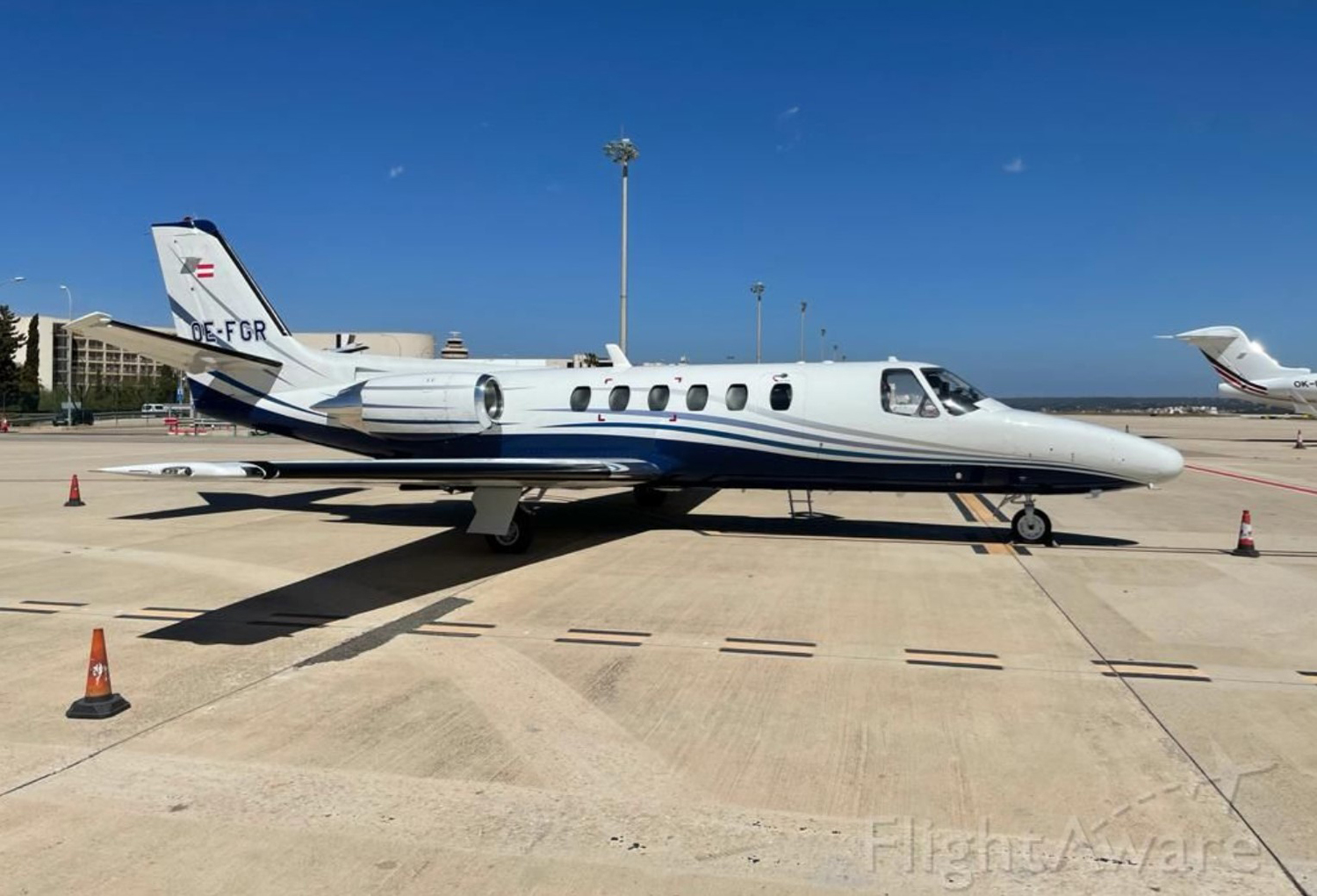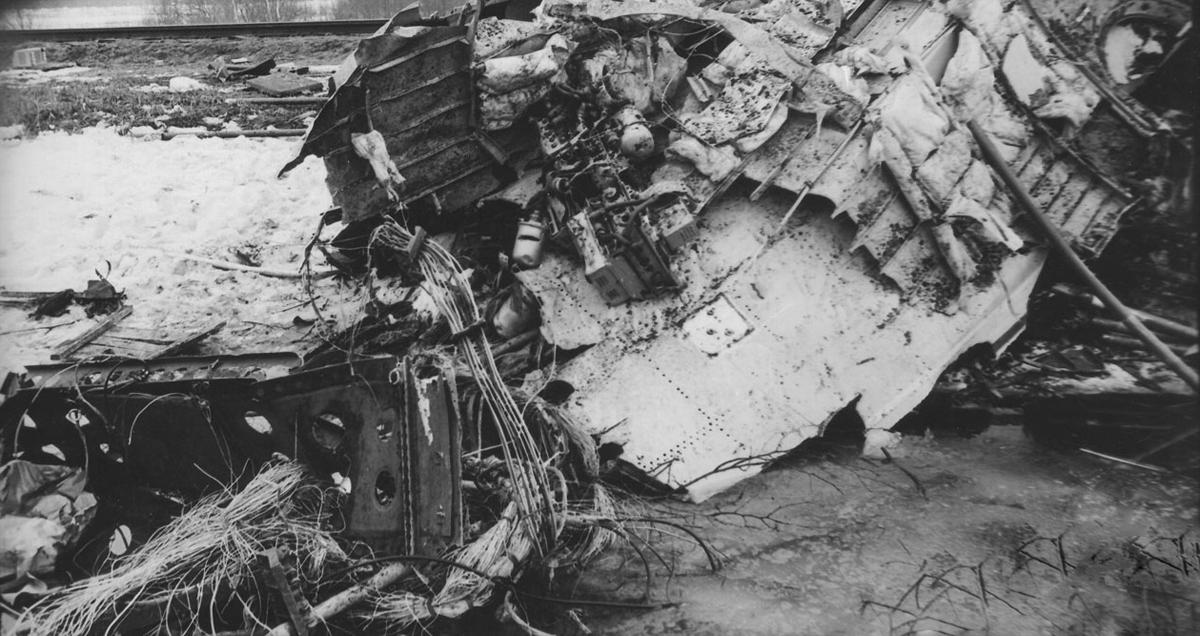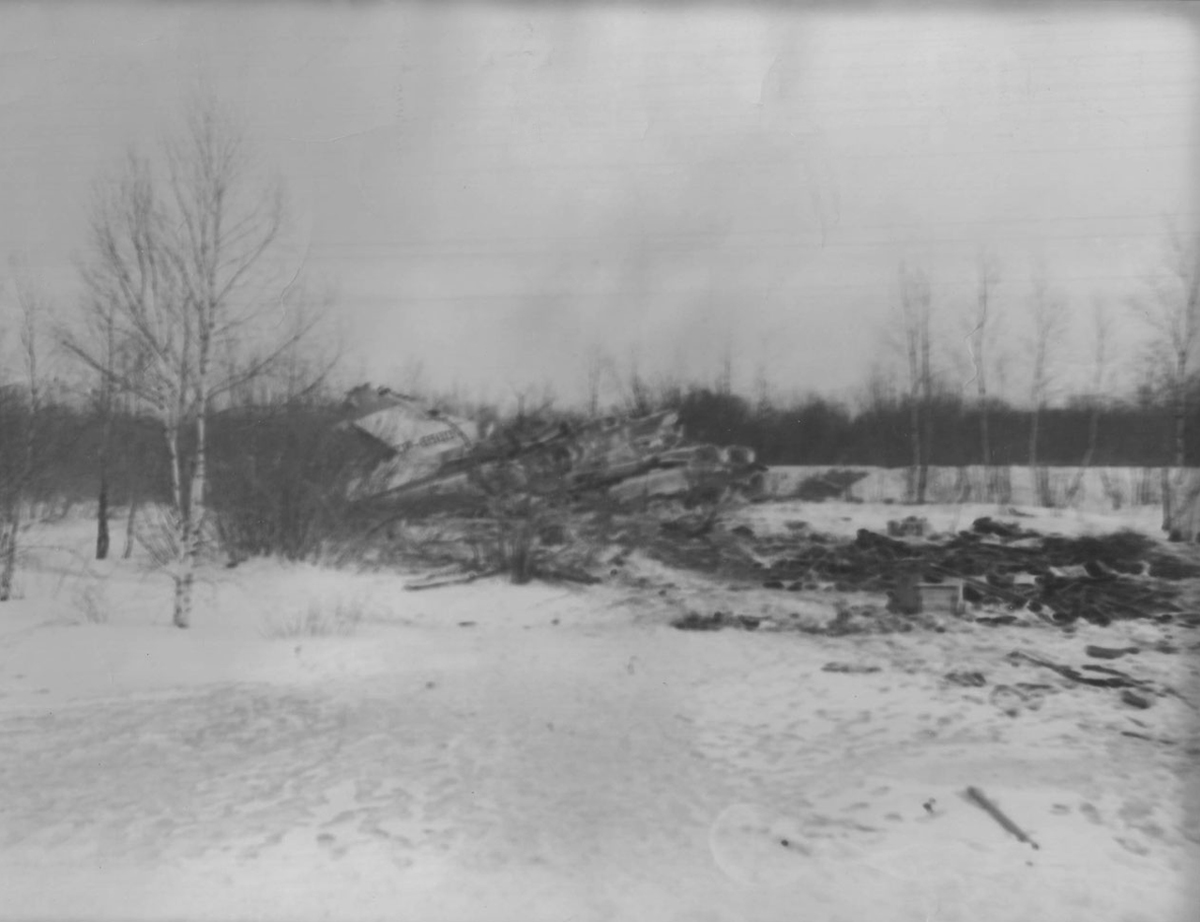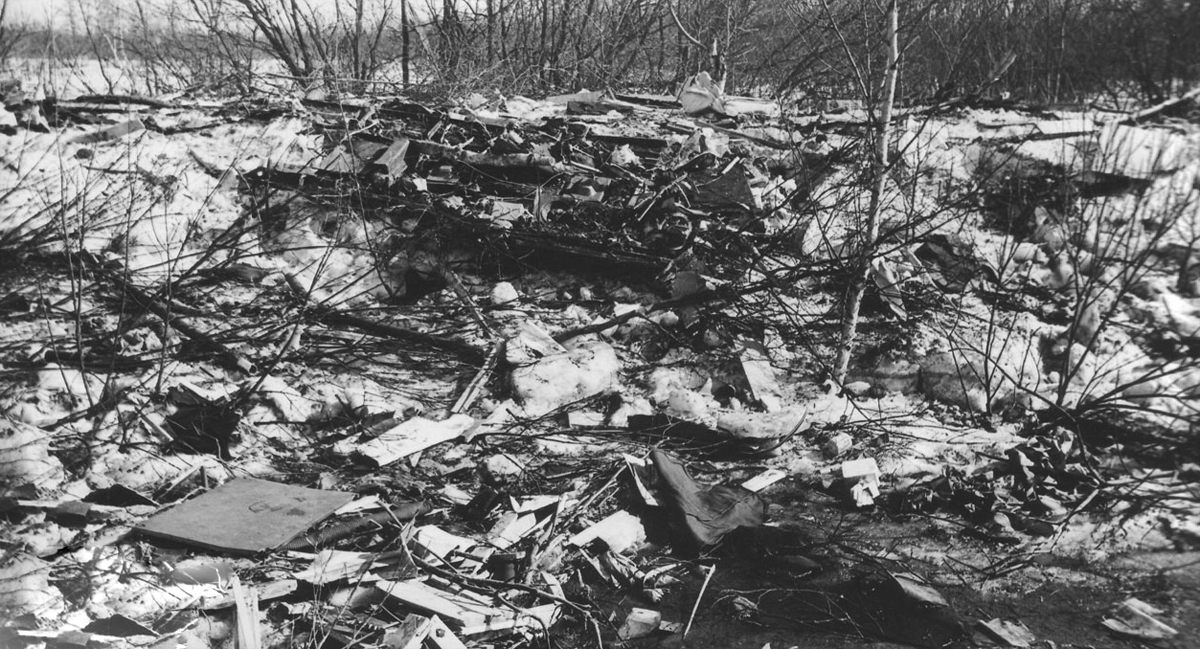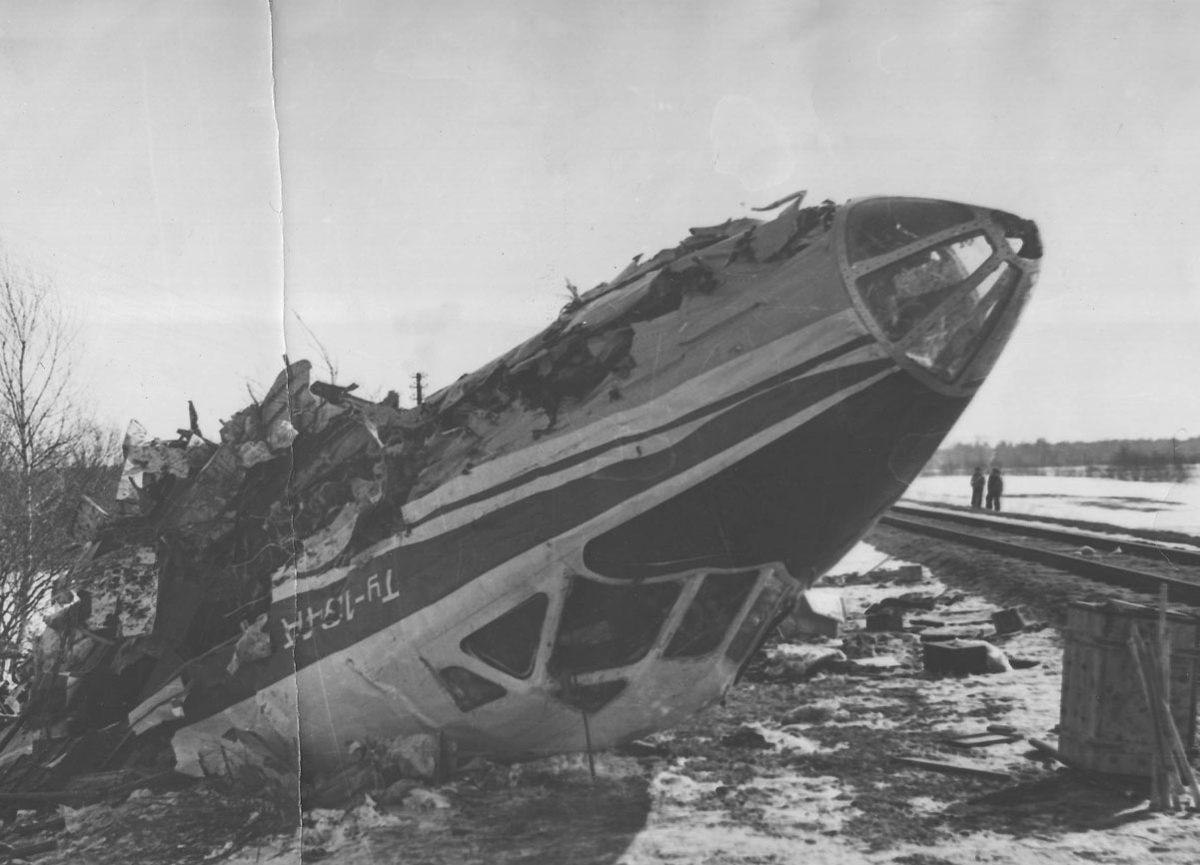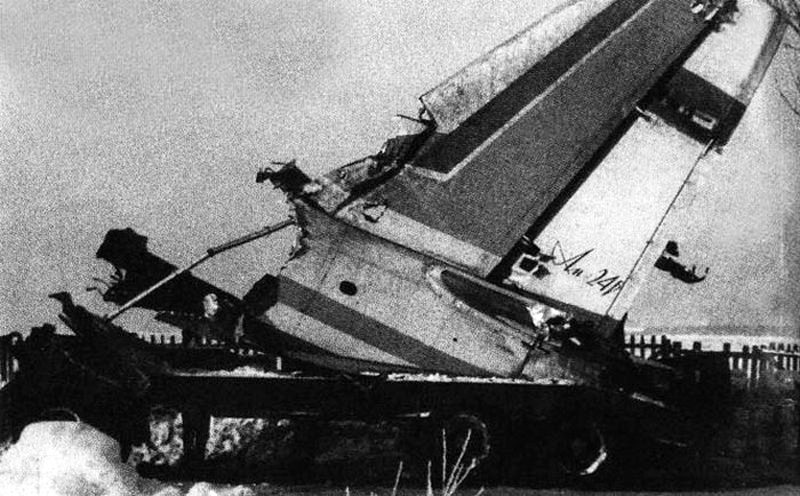Crash of a Cessna 551 Citation II/SP off Ventspils: 4 killed
Date & Time:
Sep 4, 2022 at 2044 LT
Registration:
OE-FGR
Survivors:
No
Schedule:
Jerez - Cologne
MSN:
551-0021
YOM:
1979
Crew on board:
2
Crew fatalities:
Pax on board:
2
Pax fatalities:
Other fatalities:
Total fatalities:
4
Captain / Total hours on type:
100.00
Aircraft flight hours:
8000
Circumstances:
The airplane departed Jerez-La Parra Airport at 1456LT on a flight to Cologne-Bonn Airport with four people on board. It continued at an assigned altitude of 36,000 feet until it entered the German Airspace. German ATC was unable to establish a radio contact with the crew so the decision was taken to send a Panavia Tornado of the Luftwaffe that departed Rostock-Laage AFB and intercepted the Cessna at 1815LT. The military pilot did not see any one in the cockpit and evacuated the area five minutes later. The airplane overflew Germany then entered the Swedish Airspace and continued bound to the northeast without significant change in heading, altitude or speed (365 knots). At 2028LT, the airplane started to descent and initiated a turn to the right three minutes later. At 2040LT, it entered an uncontrolled descent to the left and spiraled to the sea before crashing at 2044LT about 37 km northwest of Ventspils. Few debris and oil were found at the point of impact. The accident was not survivable.
Probable cause:
Cabin pressurization issue suspected.
